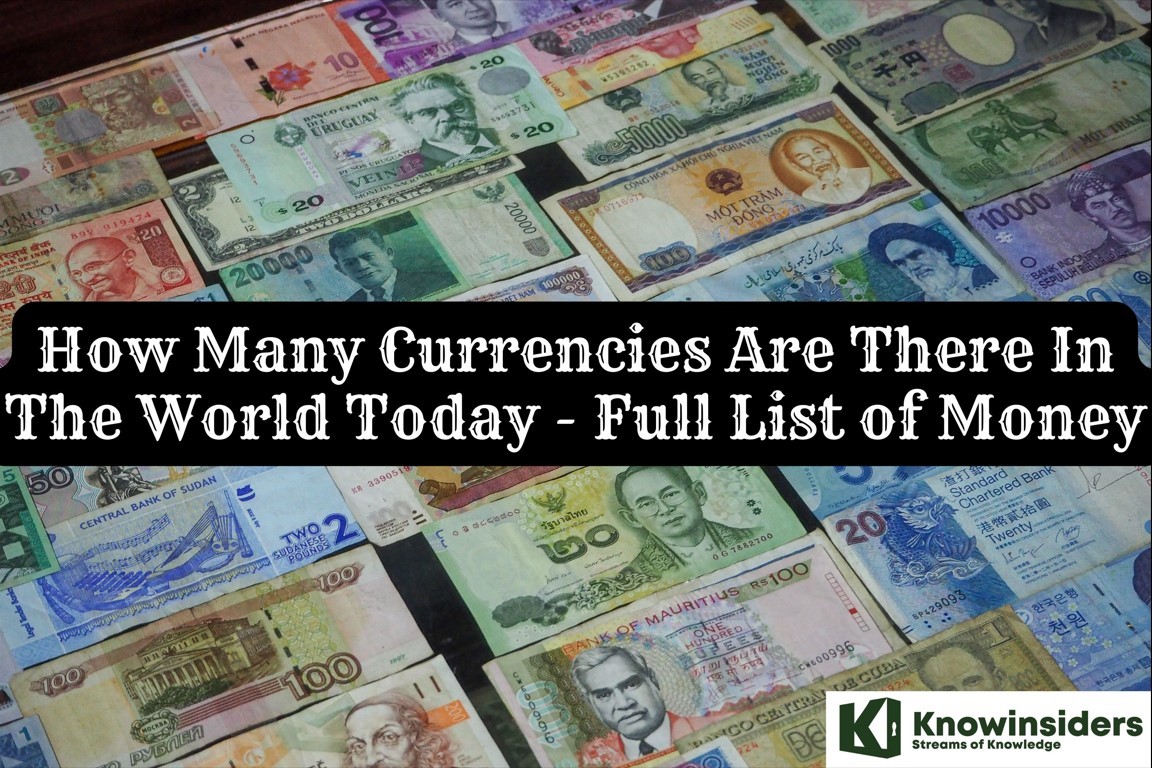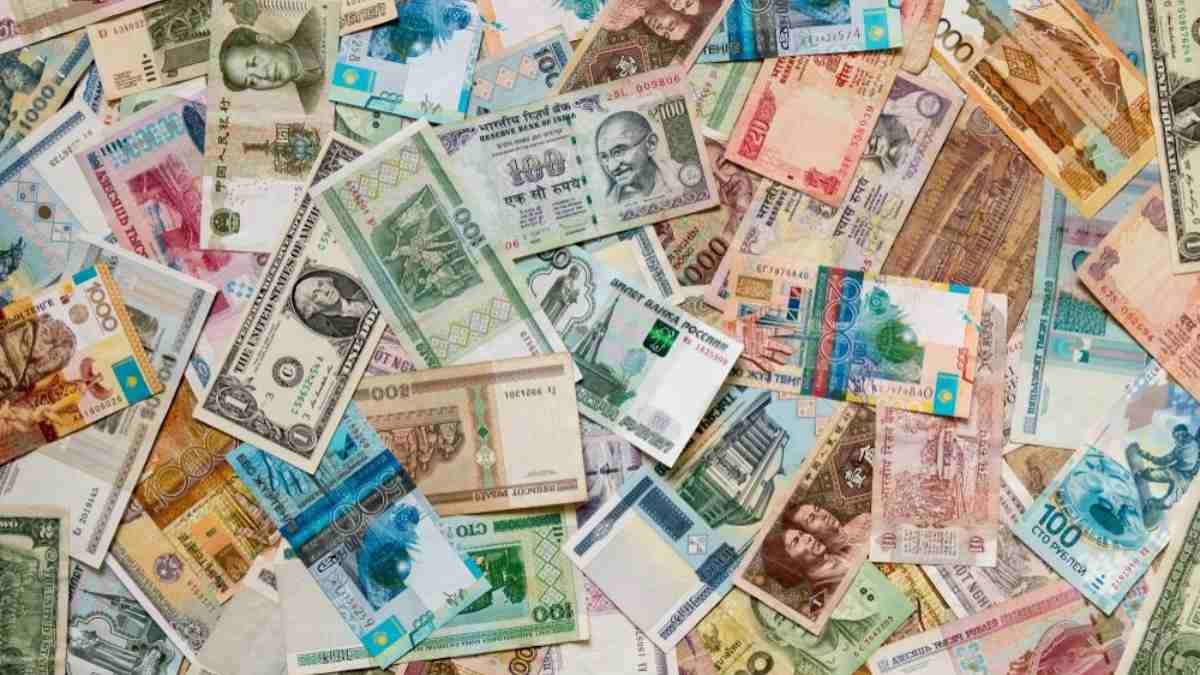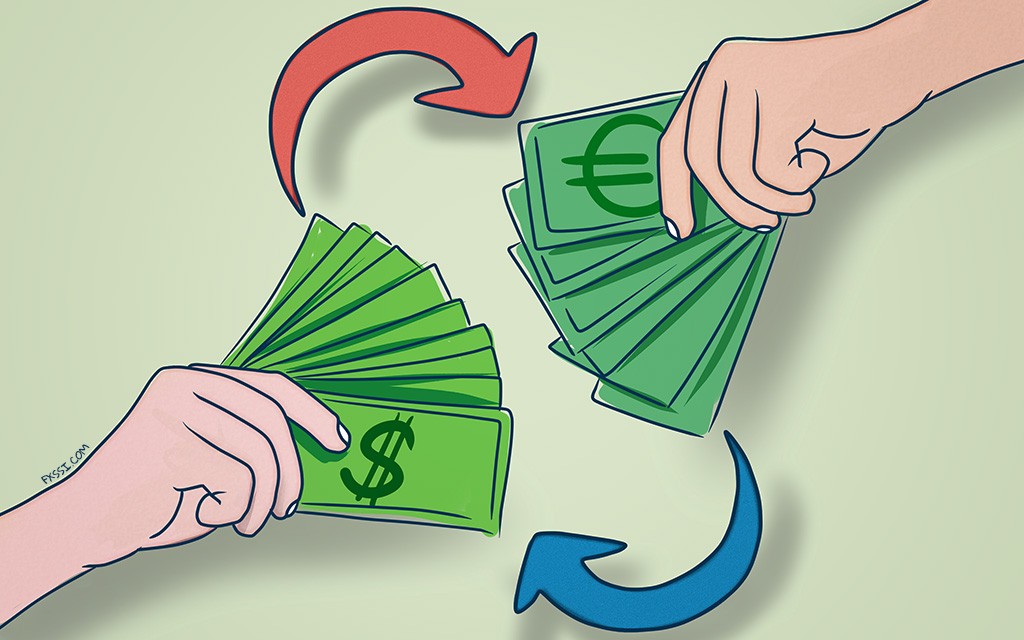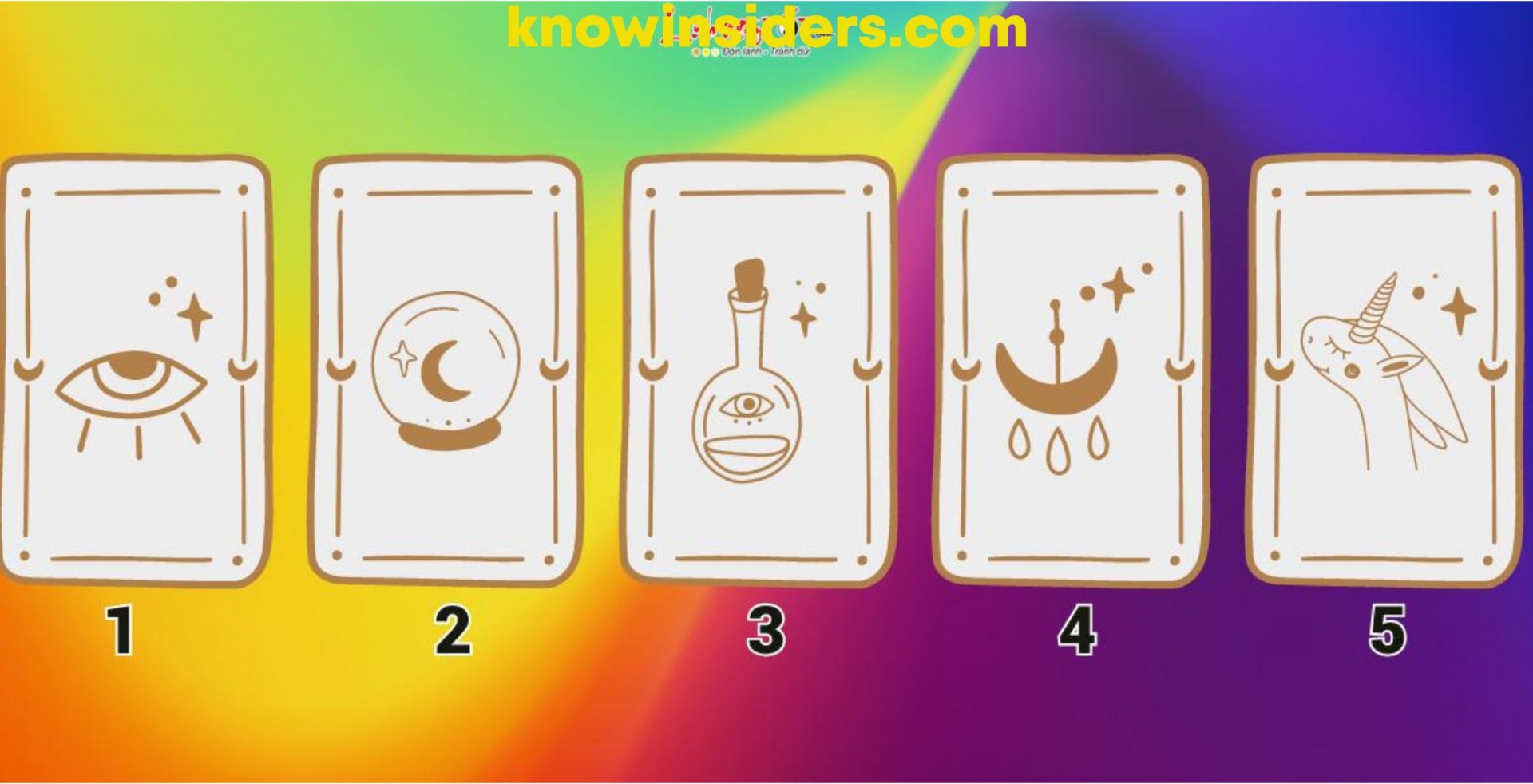How Many Currencies Are There In The World Today - Full List of Money
 |
| How Many Currencies Are There In The World Today - Full List of Money |
| Table of Content |
There are 180 official currencies in circulation in the world, in 193 UN member countries, 2 UN observer states, 9 de facto independent territories, and 33 dependent territories (overseas territories). There are a number of countries that use multiple currencies at the same time, including one official currency and several pegged and recognized currencies.
Euro is used as the main currency in 35 countries and territories around the globe. The US Dollar is used in 10 countries outside and in the US. West African CFA Franc – used in 8 countries and Central African CFA Franc – used in 6 African countries. The East Caribbean Dollar is used primarily in 6 Caribbean countries.
The most traded currency in the world is the US Dollar with about 47% share of the global payments market and 87% of daily turnover in the foreign exchange market. In second place is the Euro with about 23% of daily foreign exchange transactions and 28% of payments through international banks.
The History Of Currencies
The use of currencies began during the ancient agrarian revolution, particularly in Egypt and Mesopotamia. Money at this point was the measure of grain stored in temples. The system was in use for over 1500 years before it collapsed, leading to the rise of metals as a store of value. At this point, gold, silver, and bronze were the metals used as currency. The discovery of the Archimedes' principle ensured that the value of the precious metal in a coin could be determined, which reduced cases of counterfeiting.
Ancient China was the first to use banknotes due to the difficulty of completing major transactions using large quantities of coins. The introduction of coins was also meant to reduce the theft of gold and silver during transit. Coins and banknotes are currently the most widely used forms of currency.
What is Currency?
Currency is the official money of a country. It consists of paper money and coins. Each country has its own form of currency, which is overseen by the Central Bank of that country. From the definition of money above, currency falls under the category of Fiat money.
The current value of a currency/note/coin is not necessarily derived from the materials used to produce the note or coin. Instead, value is derived from the willingness to agree to a displayed value and rely on it for use in future transactions. Currency is a generally recognized medium of exchange that people and global economies intend to hold and are willing to accept as payment for current or future transactions.
How Many Currencies Are There In The World Today - Full List of Money
 |
| Photo: jagranjosh |
| Country and currency | Currency code | Symbol |
| Albania Lek | ALL | Lek |
| Afghanistan Afghani | AFN | ؋ |
| Argentina Peso | ARS | $ |
| Aruba Guilder | AWG | ƒ |
| Australia Dollar | AUD | $ |
| Azerbaijan Manat | AZN | ₼ |
| Bahamas Dollar | BSD | $ |
| Barbados Dollar | BBD | $ |
| Belarus Ruble | BYN | Br |
| Belize Dollar | BZD | BZ$ |
| Bermuda Dollar | BMD | $ |
| Bolivia Bolíviano | BOB | $b |
| Bosnia and Herzegovina Convertible Mark | BAM | KM |
| Botswana Pula | BWP | P |
| Bulgaria Lev | BGN | лв |
| Brazil Real | BRL | R$ |
| Brunei Darussalam Dollar | BND | $ |
| Cambodia Riel | KHR | ៛ |
| Canada Dollar | CAD | $ |
| Cayman Islands Dollar | KYD | $ |
| Chile Peso | CLP | $ |
| China Yuan Renminbi | CNY | ¥ |
| Colombia Peso | COP | $ |
| Costa Rica Colon | CRC | ₡ |
| Croatia Kuna | HRK | kn |
| Cuba Peso | CUP | ₱ |
| Czech Republic Koruna | CZK | Kč |
| Denmark Krone | DKK | kr |
| Dominican Republic Peso | DOP | RD$ |
| East Caribbean Dollar | XCD | $ |
| Egypt Pound | EGP | £ |
| El Salvador Colon | SVC | $ |
| Euro Member Countries | EUR | € |
| Falkland Islands (Malvinas) Pound | FKP | £ |
| Fiji Dollar | FJD | $ |
| Ghana Cedi | GHS | ¢ |
| Gibraltar Pound | GIP | £ |
| Guatemala Quetzal | GTQ | Q |
| Guernsey Pound | GGP | £ |
| Guyana Dollar | GYD | $ |
| Honduras Lempira | HNL | L |
| Hong Kong Dollar | HKD | $ |
| Hungary Forint | HUF | Ft |
| Iceland Krona | ISK | kr |
| India Rupee | INR | ₹ |
| Indonesia Rupiah | IDR | Rp |
| Iran Rial | IRR | ﷼ |
| Isle of Man Pound | IMP | £ |
| Israel Shekel | ILS | ₪ |
| Jamaica Dollar | JMD | J$ |
| Japan Yen | JPY | ¥ |
| Jersey Pound | JEP | £ |
| Kazakhstan Tenge | KZT | лв |
| Korea (North) Won | KPW | ₩ |
| Korea (South) Won | KRW | ₩ |
| Kyrgyzstan Som | KGS | лв |
| Laos Kip | LAK | ₭ |
| Lebanon Pound | LBP | £ |
| Liberia Dollar | LRD | $ |
| Macedonia Denar | MKD | ден |
| Malaysia Ringgit | MYR | RM |
| Mauritius Rupee | MUR | ₨ |
| Mexico Peso | MXN | $ |
| Mongolia Tughrik | MNT | ₮ |
| Moroccan-dirham | MNT | د.إ |
| Mozambique Metical | MZN | MT |
| Namibia Dollar | NAD | $ |
| Nepal Rupee | NPR | ₨ |
| Netherlands Antilles Guilder | ANG | ƒ |
| New Zealand Dollar | NZD | $ |
| Nicaragua Cordoba | NIO | C$ |
| Nigeria Naira | NGN | ₦ |
| Norway Krone | NOK | kr |
| Oman Rial | OMR | ﷼ |
| Pakistan Rupee | PKR | ₨ |
| Panama Balboa | PAB | B/. |
| Paraguay Guarani | PYG | Gs |
| Peru Sol | PEN | S/. |
| Philippines Peso | PHP | ₱ |
| Poland Zloty | PLN | zł |
| Qatar Riyal | QAR | ﷼ |
| Romania Leu | RON | lei |
| Russia Ruble | RUB | ₽ |
| Saint Helena Pound | SHP | £ |
| Saudi Arabia Riyal | SAR | ﷼ |
| Serbia Dinar | RSD | Дин. |
| Seychelles Rupee | SCR | ₨ |
| Singapore Dollar | SGD | $ |
| Solomon Islands Dollar | SBD | $ |
| Somalia Shilling | SOS | S |
| South Korean Won | KRW | ₩ |
| South Africa Rand | ZAR | R |
| Sri Lanka Rupee | LKR | ₨ |
| Sweden Krona | SEK | kr |
| Switzerland Franc | CHF | CHF |
| Suriname Dollar | SRD | $ |
| Syria Pound | SYP | £ |
| Taiwan New Dollar | TWD | NT$ |
| Thailand Baht | THB | ฿ |
| Trinidad and Tobago Dollar | TTD | TT$ |
| Turkey Lira | TRY | ₺ |
| Tuvalu Dollar | TVD | $ |
| Ukraine Hryvnia | UAH | ₴ |
| UAE-Dirham | AED | د.إ |
| United Kingdom Pound | GBP | £ |
| United States Dollar | USD | $ |
| Uruguay Peso | UYU | $U |
| Uzbekistan Som | UZS | лв |
| Venezuela Bolívar | VEF | Bs |
| Viet Nam Dong | VND | ₫ |
| Yemen Rial | YER | ﷼ |
| Zimbabwe Dollar | ZWD | Z$ |
How many types of money are there in the world?
The 4 different types of money as classified by economists are commercial money, fiduciary money, fiat money, and commodity money. Money whose value comes from a commodity of which it is made is known as commodity money.
Commercial money
Remember earlier we mentioned the demand for bank credit as a way of keeping track of how much money there is?
This is where commercial bank money comes in. Commercial bank money is money created by high street banks to put into our bank accounts.
Commodity money
Commodity money is goods exchanged for services or money. The goods refer to gold, silver, or other commodities the country may supply to others.
Fiat money
Fiat money is money that’s backed by a government but not by gold or other physical commodities. This is why a country’s economy and political situations often affect the value of its currency.
Fiduciary money
Fiduciary money is the liquid money—including cash, checks, banknotes, or bank drafts—that’s in circulation within a country.
Top 5 most traded currencies in the world
 |
| Photo: fxssi |
The US dollar accounts for nearly half of global forex trading volume and is also the world's most important reserve currency.
The foreign exchange market is the largest in the world, with an average trading value of $6.6 trillion per day. The following are the 10 most traded currencies in the world, accounting for almost 90% of the total trading volume.
1. United States Dollar (USD)
Issued by the US Federal Reserve (Fed), the US dollar is the country's official currency and the most traded currency globally, accounting for an average daily volume of 2 ,9 trillion USD.
There are several reasons for its popularity. First, the United States is the largest economy in the world and a powerhouse in international trade. Second, the U.S. dollar is the world's primary "reserve currency," held by central and commercial banks for international trading and investment purposes, and is estimated to account for nearly 63 percent of the total reserve currency. foreign exchange reserves. And third, many commodities are priced in USD, including gold, oil and copper.
The value of this currency is mainly influenced by US economic activity and the demand for goods, and in some cases, the economic situation in other countries. Some countries such as Ecuador, Panama and El Salvador also use the US dollar as their official or de facto domestic currency.
2. Euro (EUR)
The euro is the official currency of the European Union (EU) and the second most traded globally, accounting for an average daily volume of nearly $1.1 trillion. It is issued by the European Central Bank (ECB).
The popularity of the euro is mainly due to the size and economic influence of the euro area. This economic union currently includes 19 of the 27 EU countries, but the remaining members of the bloc, excluding Denmark, are required to join according to the Maastricht criteria. The Euro is also the world's 2nd largest reserve currency, accounting for an estimated 20% of global foreign exchange reserves by volume.
The value of the euro is strongly influenced by political and economic developments within the bloc. Events that could have an impact include ECB meeting announcements, gross domestic product (GDP) data releases, employment data, national and EU-wide elections, and more.
3. Yen (JPY)
The yen is the official currency of Japan and the 3rd most traded globally, with an average daily volume of $554 billion. It is also the third largest reserve currency, accounting for an estimated 4.9% of global foreign exchange reserves. The yen is issued by the Bank of Japan (BoJ).
The value of the yen depends heavily on the strength of the Japanese economy, especially the manufacturing sector responsible for major exports including vehicles, electronics, machine tools, ships and goods. textile. As the value of the yen usually increases with demand for these products, many forex traders pay attention to economic moves including BoJ meeting announcements, GDP data, industrial production index, etc. Business confidence survey and unemployment data.
The strength of the Chinese yuan could also have an impact as China is a major competitor for manufactured goods. A weak renminbi makes Chinese exports more competitive internationally, reducing demand for Japanese products and therefore the yen. In addition, the price of oil can play an important role in determining the value of the yen. This is because Japan is a big oil importer and high prices are likely to hit its economy hard.
4. British Pound (GBP)
The pound sterling is the official currency of the United Kingdom and its territories and is the 4th most traded globally with an average daily volume of nearly $422 billion. It is also the 4th largest reserve currency, estimated to account for 4.5% of global foreign exchange reserves by value.
The value of the pound sterling depends largely on UK economic activity, which can be influenced by inflation rate data, monetary policies, GDP and the Bank of England employment report ( BoE). In recent years, its value has also been influenced by Britain's changing relationship with Europe. The country voted to leave the EU, also known as Brexit, in a referendum held on June 23, 2016. The official departure from the EU on January 31, 2020 will affect the UK's trade relationship with the British pound for many years to come.
5. Australian Dollar (AUD)
The Australian dollar is the official currency of Australia and is the 5th most traded globally, accounting for an average daily volume of US$223 billion. It is the 6th most popular reserve currency, accounting for 1.8% of global foreign exchange reserves. It is issued by the Reserve Bank of Australia (RBA).
The value of the AUD is strongly influenced by commodity prices and the “exchange rate” – the ratio between the prices of exported and imported goods. Australia is a major exporter of coal, iron and copper, among other mineral commodities, and an importer of oil. So, changes in the trading volume and prices of these commodities can affect the AUD.
The value of the currency also depends on the size of Australia's external debt. This increase in debt could lead to a decrease in the value of the AUD against the currencies of major trading partners. Also, any difference between the RBA's and other central banks' interest rates could have an effect, as money is more likely to flow into countries with higher interest rates and out of those with higher interest rates. lower capacity.
Conclusion
Hopefully, the list of currencies of countries around the world introduced above will help you find out more easily when you have a need to use foreign currency.
 Top 10 Best Online Jobs for Teens To Earn Money From Anywhere in the World Top 10 Best Online Jobs for Teens To Earn Money From Anywhere in the World It is difficult for teen to find online jobs anywhere in the world, but this article will help you with the 10 best online jobs ... |
 Bankruptcy Ranking of 12 Zodiac Signs and Best Astrology Advice Bankruptcy Ranking of 12 Zodiac Signs and Best Astrology Advice Many zodiac signs make a lot of money, but poor financial management leads to bankruptcy. |
 8 Eternal Lessons to Earn A Lot Of Money 8 Eternal Lessons to Earn A Lot Of Money “Rich people think long, poor people think short” – This is the difference between the rich and the poor, but also the first law of ... |


























